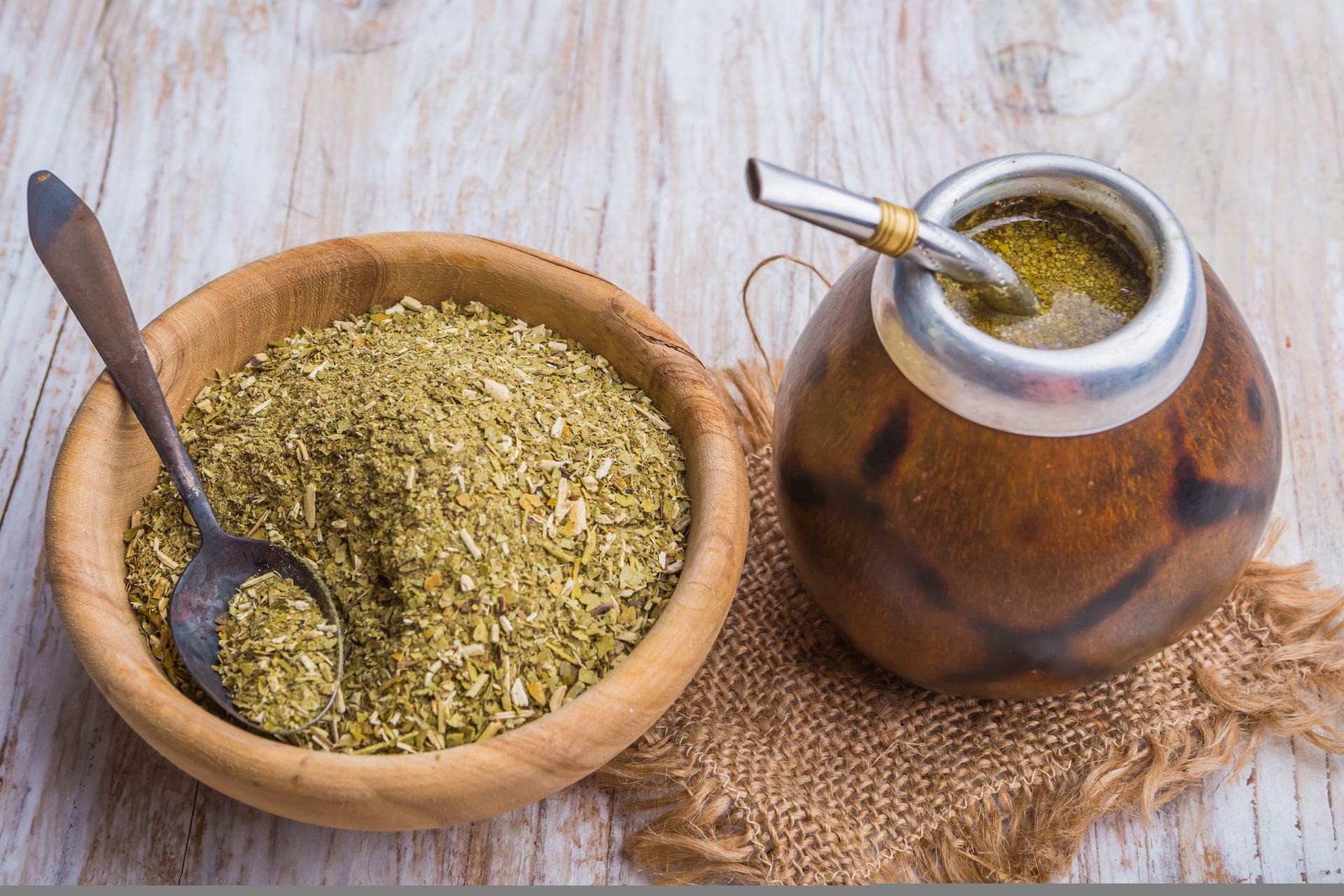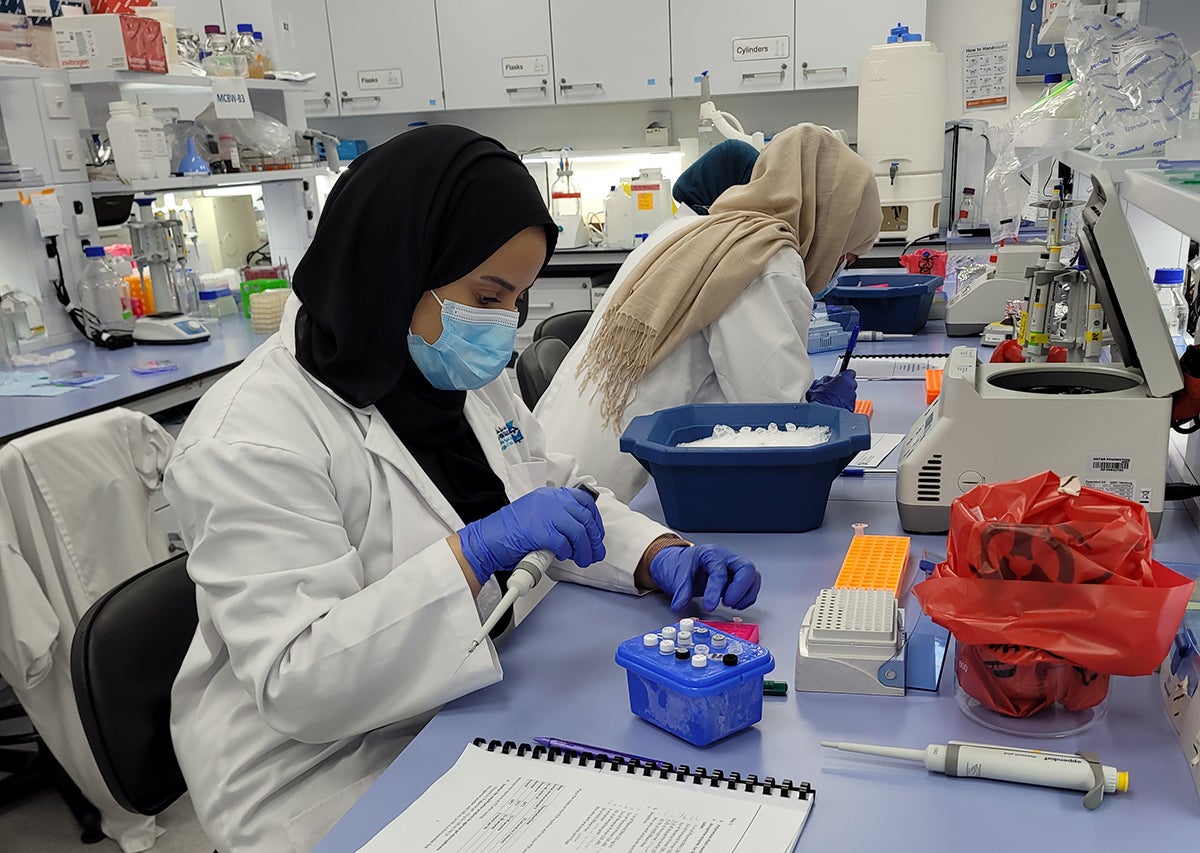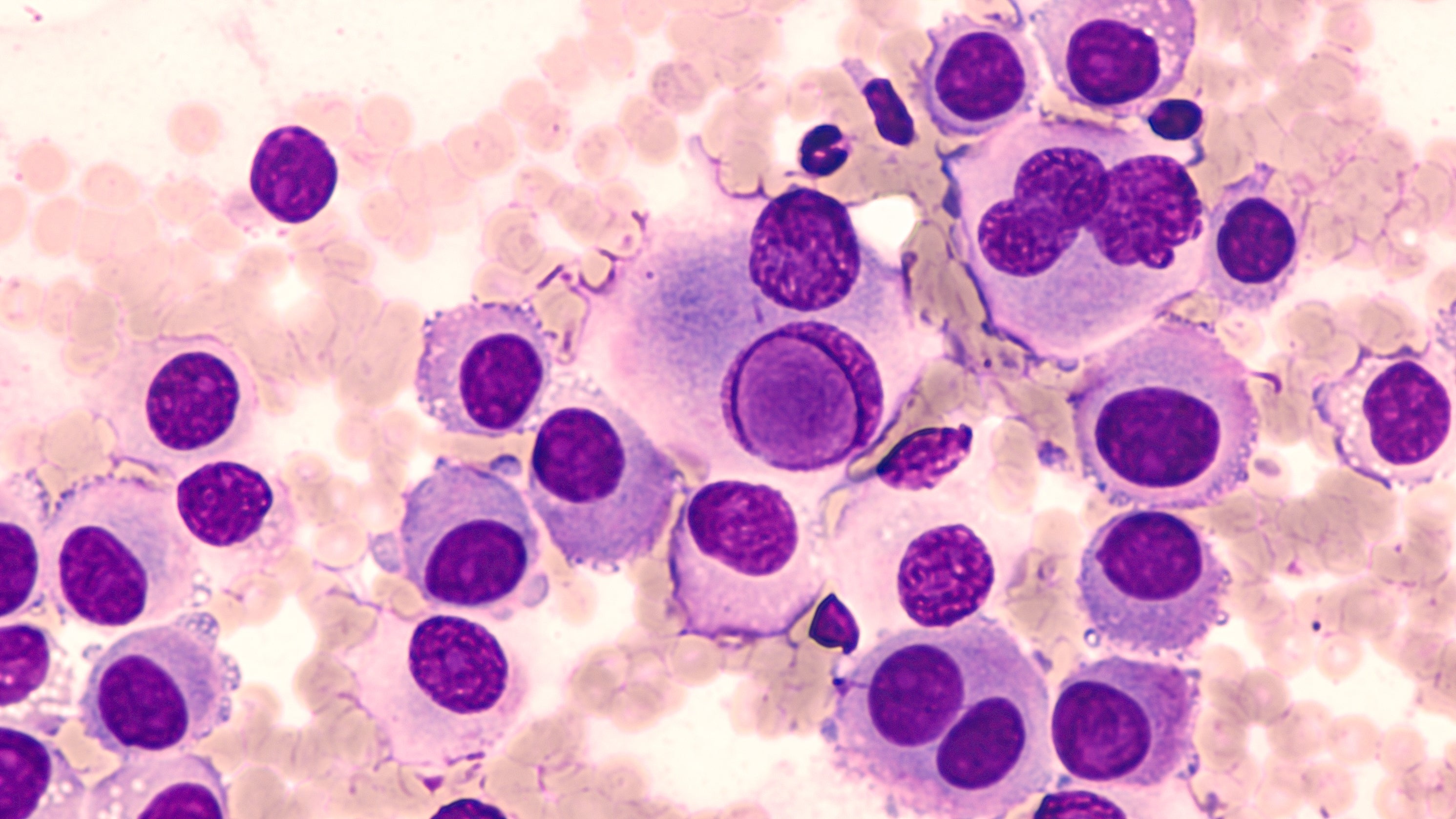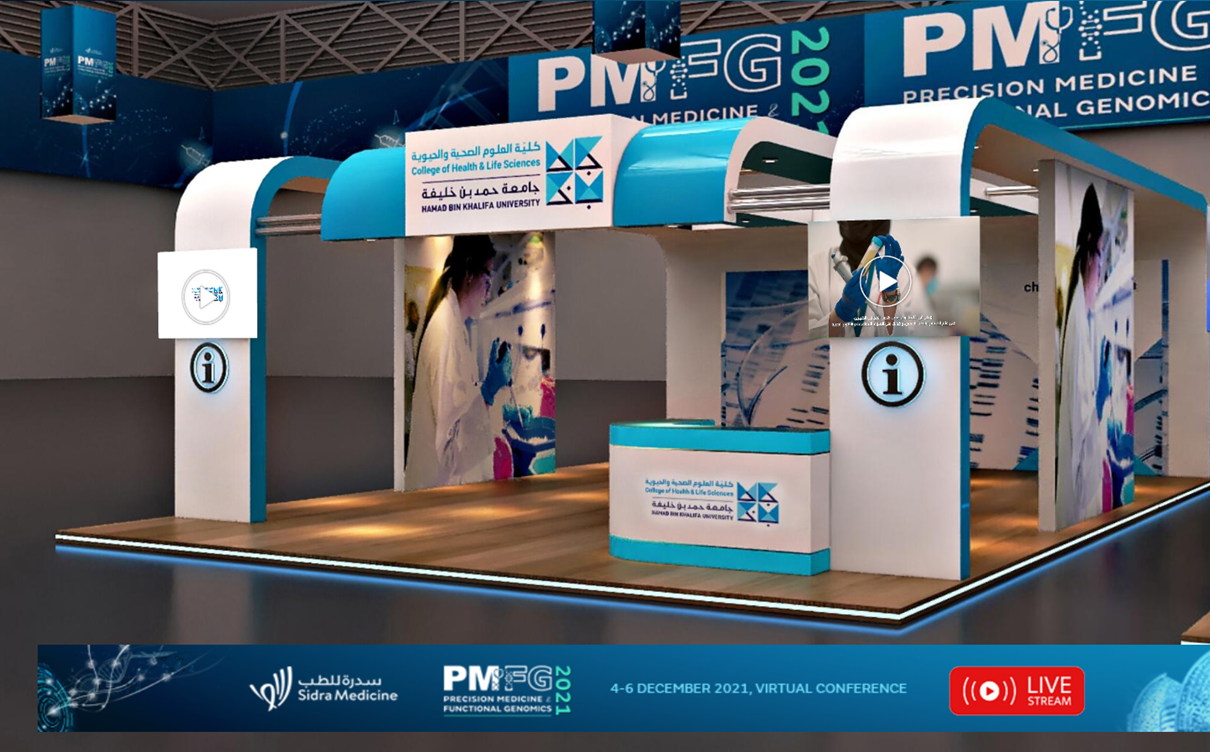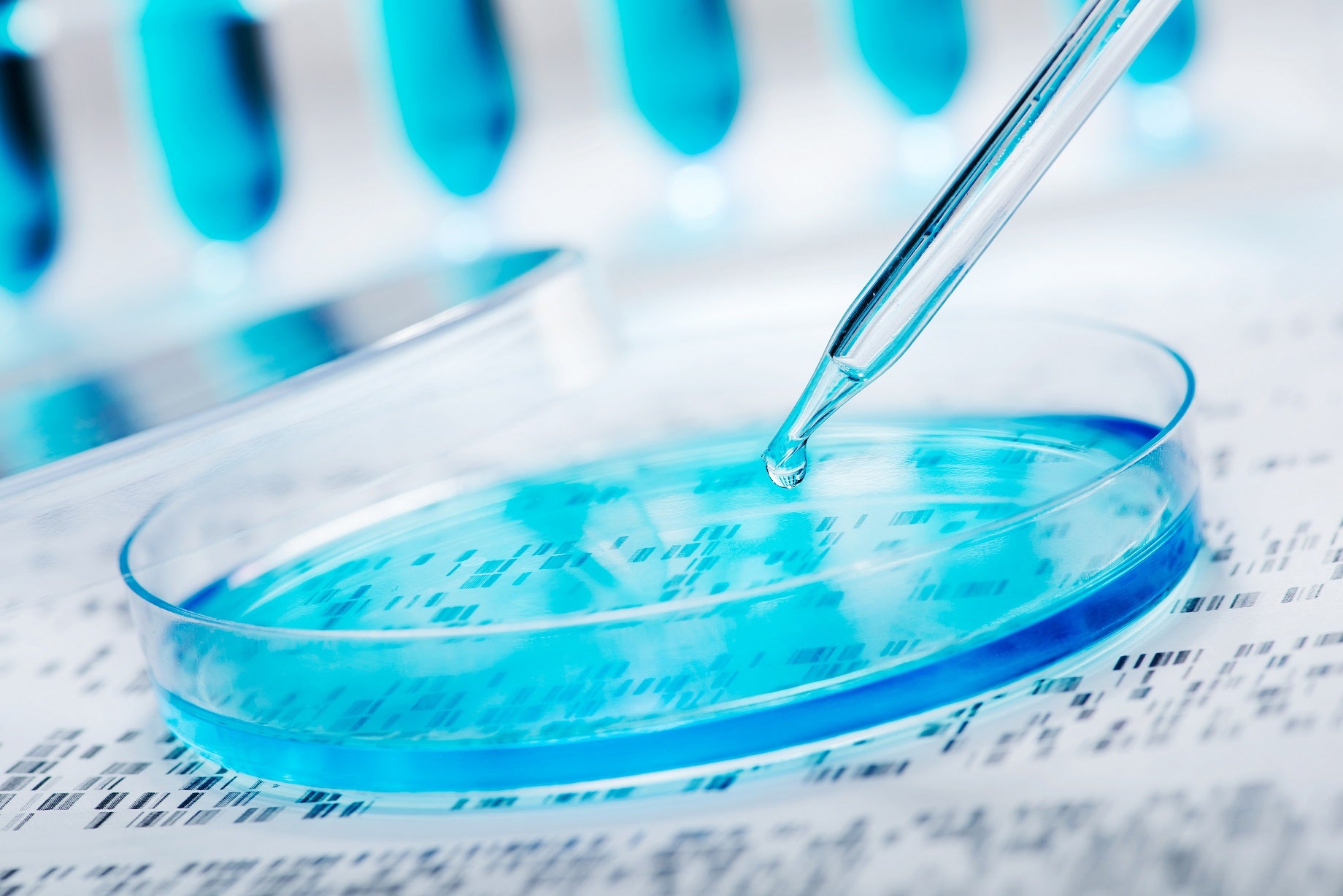
Familial Hypercholesterolemia: Genetic Links and Lifestyle Approaches
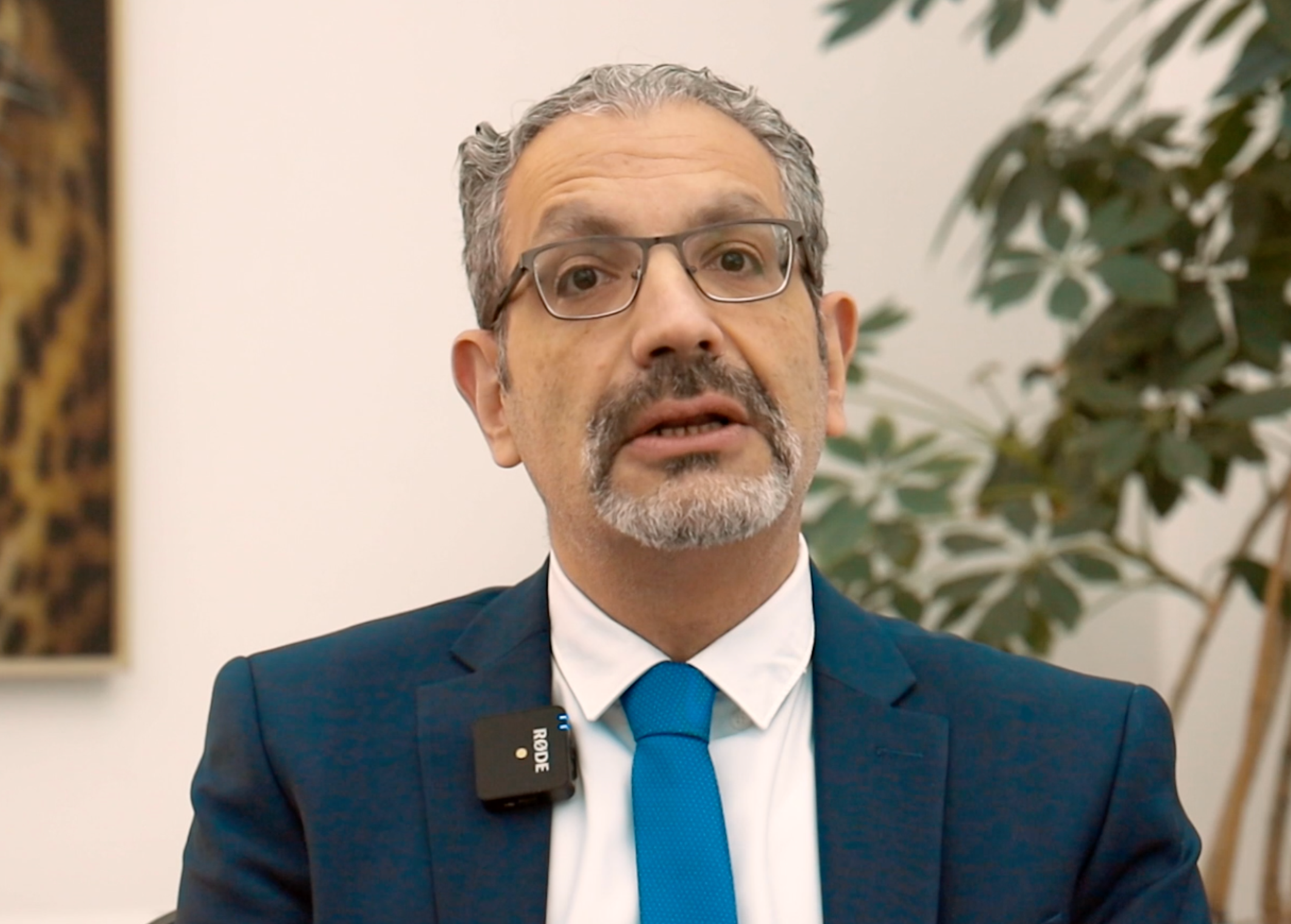
What is cholesterol?
Cholesterol is a type of lipid that is endogenously synthesized in most mammalian organisms and in the animal kingdom in general. It is composed of carbons and hydrogen atoms linked by covalent bonds and is classified as an unsaturated type of lipid because it contains double bonds. Cholesterol occurs in foods of animal origin such as egg yolk, meat, liver, and cow brain.
What role does cholesterol play in the human body?
Cholesterol is essential for the normal function of all animal cells and is a fundamental element of their cell membranes. It is also a precursor of various critical substances such as adrenal and gonadal steroid hormones, bile acid, and vitamin D.
What range of cholesterol levels is considered normal?
Free Cholesterol is transported in the blood through lipoproteins and is always measured as bound to these lipoproteins. The ones carrying cholesterol from the liver to the tissues is referred to as low-density-lipoproteins, which is also known as bad cholesterol (normal levels should be less than 100mg/dl) and the ones carrying cholesterol towards the liver referred to as high-density lipoproteins (HDL) or bad cholesterol (normal levels should be above 45mg/dl). Total cholesterol in blood should be less than 170 mg/dL.
What causes elevated cholesterol levels? And what role do diet and genetics play?
Hypercholesterolemia is characterized by increased levels of cholesterol in the blood (>170 mg/dl). There are three major causes for hypercholesterolemia: (1) high synthesis of cholesterol which is linked to obesity in general, (2) highly enriched cholesterol diet, and (3) genetic predisposition.
In what ways are high cholesterol levels harmful to human health?
High levels of cholesterol lead directly to the formation of plaques which will obstruct the blood vessels and as such the flow of blood to different organs. Consequences of blood obstruction is vessel rupture or total blockade which will result in cardiac or cerebral vascular accident leading to ischemia and total organ damage.
When should doctors resort to medication to reduce cholesterol levels?
Lowering total cholesterol by diet control is the first recommendation the physicians prescribe to their patients. Diet if strictly followed in non-inherited hypercholesterolemia can alone switch back blood cholesterol levels to normal. However, if diet cannot be strictly followed by the individuals and the individuals are at risk because of other medical problems like obesity, diabetes, kidney dysfunction, the physicians will prescribe cholesterol lowering drugs.
Which therapies work best in reducing cholesterol levels?
The most renowned drugs used to combat hypercholesterolemia are statins with generic names such lipitor, crestor, and others. They inhibit endogenous cholesterol synthesis. Other drugs like ezetimibe inhibit cholesterol uptake from intestines, while novel classes like evolocumab inhibit degradation of the LDL receptors.
Please tell us about the outcomes of your familial hypercholesterolemia study?
I have been studying the Lebanese population with familial hypercholesterolemia since 2012 and have important publications showing that novel drugs such as evolocumab are inefficient against Lebanese patients who carry a mutation in the LDL receptor termed the Lebanese allele.
Recently, the cohort of Lebanese patients we have studied was part of an international study that I co-authored and was published in Lancet. It showed inequality in diagnosis, treatment, and follow ups amongst patients around the globe and stressed the need for early genetic screening as familial hypercholesterolemia is the number 1 genetic disease affecting the cardiovascular system - with a prevalence of 1 in 250.
In Qatar, this prevalence is a bit more accentuated because of consanguinity, and efforts are undertaken in collaboration between HBKU/SIDRA/QGP/QBB to document the genetic basis of the disease and the respond to treatment.
What advice do you have for the general public in Ramadan?
The most important message for those who fast during the holy month of Ramdan is to not eat foods that are excessively rich in cholesterol or fat. More importantly, I advise the public to try and not mess up their routine diets, and to wait until the end of the month to start a strict diet to reduce the intake of cholesterol especially for those who have high blood cholesterol levels.
Related News

HBKU College of Health and Life Sciences and Equine Veterinary Medical Center Sign MoU
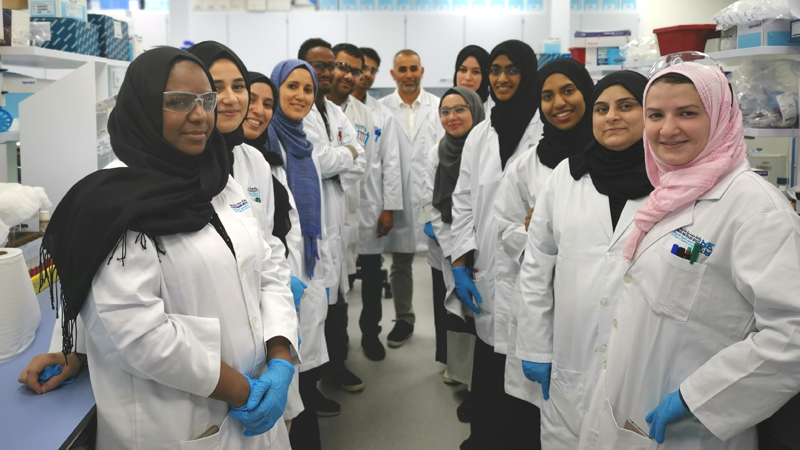
HBKU’s College of Health and Life Sciences Workshop Advances Laboratory Skills of Graduate Students
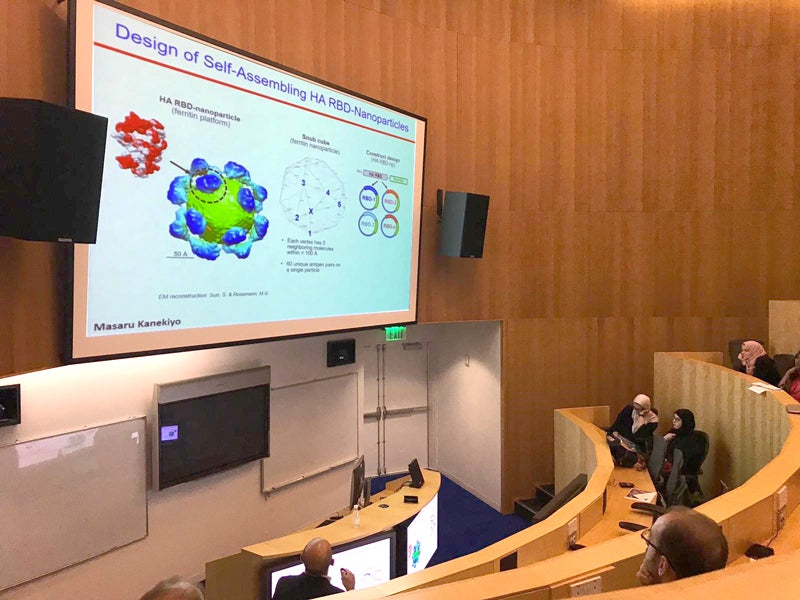
HBKU’s College of Health and Life Sciences Hosts Seminar on Influenza Vaccines

College of Health and Life Science Equips Physicians to Analyze and Interpret Genetic Variation
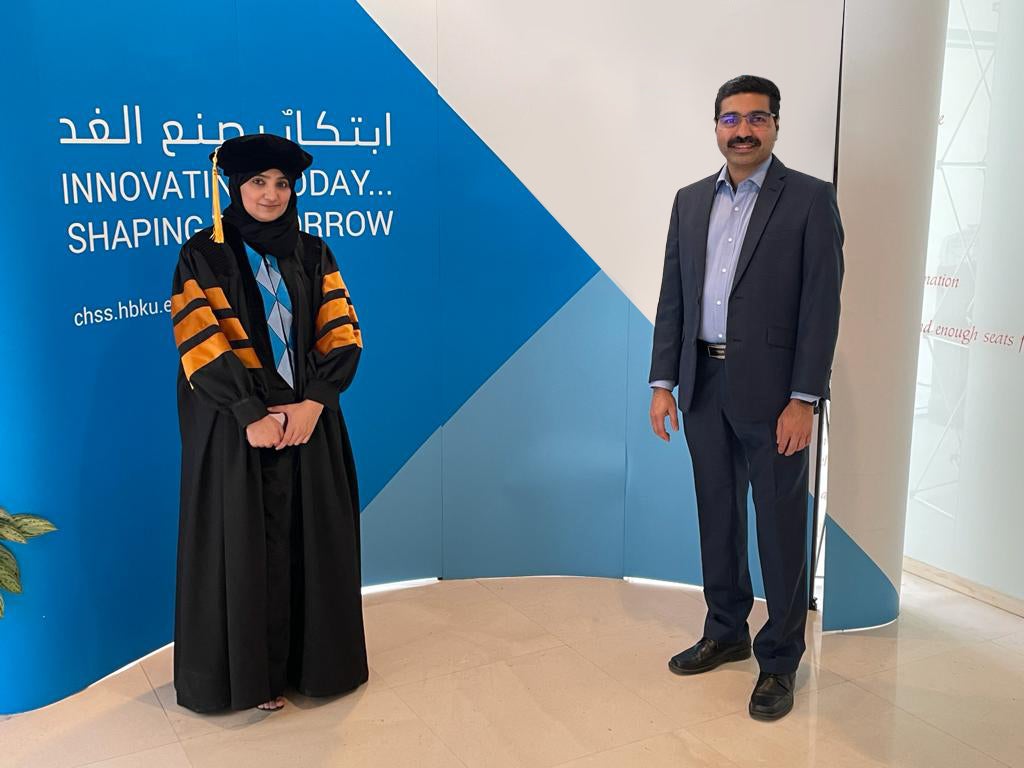
CHLS Aims at Precision Medicine Approach with Research on Antidepressant Prescription Trends in Qatar
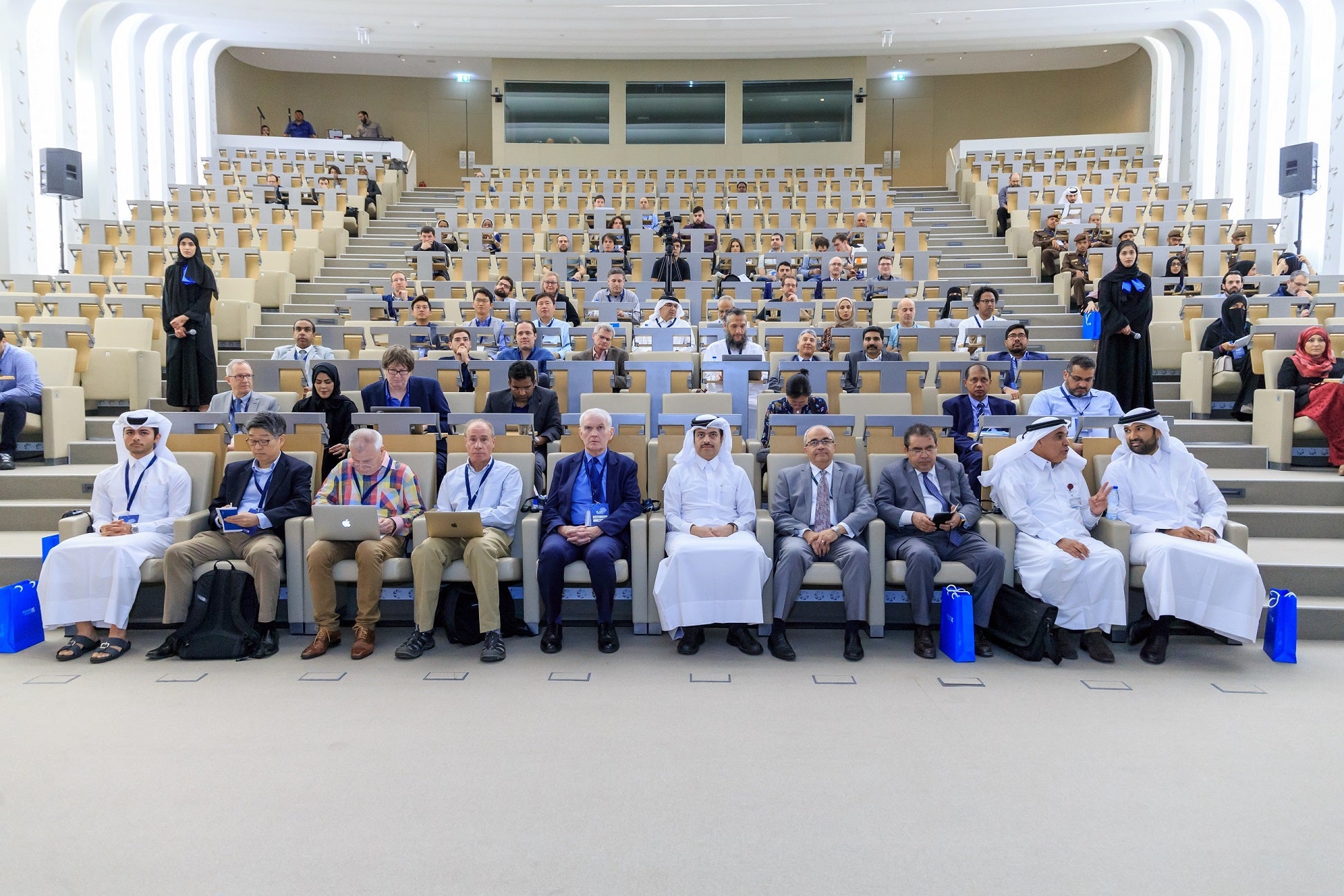
College of Health and Life Sciences Hosts International Conference for Advanced Neurotechnology

College of Health and Life Sciences Seminar Considers Latest Research on Tumor Progression

HBKU’s College of Health and Life Sciences Graduates Tackling Qatar’s Pressing Challenges

HBKU College of Health and Life Sciences and Equine Veterinary Medical Center Sign MoU

HBKU’s College of Health and Life Sciences Workshop Advances Laboratory Skills of Graduate Students

HBKU’s College of Health and Life Sciences Hosts Seminar on Influenza Vaccines

College of Health and Life Science Equips Physicians to Analyze and Interpret Genetic Variation

CHLS Aims at Precision Medicine Approach with Research on Antidepressant Prescription Trends in Qatar

College of Health and Life Sciences Hosts International Conference for Advanced Neurotechnology

College of Health and Life Sciences Seminar Considers Latest Research on Tumor Progression

HBKU’s College of Health and Life Sciences Graduates Tackling Qatar’s Pressing Challenges

HBKU College of Health and Life Sciences and Equine Veterinary Medical Center Sign MoU

HBKU’s College of Health and Life Sciences Workshop Advances Laboratory Skills of Graduate Students

HBKU’s College of Health and Life Sciences Hosts Seminar on Influenza Vaccines

College of Health and Life Science Equips Physicians to Analyze and Interpret Genetic Variation

CHLS Aims at Precision Medicine Approach with Research on Antidepressant Prescription Trends in Qatar

College of Health and Life Sciences Hosts International Conference for Advanced Neurotechnology

College of Health and Life Sciences Seminar Considers Latest Research on Tumor Progression

HBKU’s College of Health and Life Sciences Graduates Tackling Qatar’s Pressing Challenges

HBKU College of Health and Life Sciences and Equine Veterinary Medical Center Sign MoU

HBKU’s College of Health and Life Sciences Workshop Advances Laboratory Skills of Graduate Students

HBKU’s College of Health and Life Sciences Hosts Seminar on Influenza Vaccines

College of Health and Life Science Equips Physicians to Analyze and Interpret Genetic Variation

CHLS Aims at Precision Medicine Approach with Research on Antidepressant Prescription Trends in Qatar

College of Health and Life Sciences Hosts International Conference for Advanced Neurotechnology

College of Health and Life Sciences Seminar Considers Latest Research on Tumor Progression

HBKU’s College of Health and Life Sciences Graduates Tackling Qatar’s Pressing Challenges

HBKU College of Health and Life Sciences and Equine Veterinary Medical Center Sign MoU

HBKU’s College of Health and Life Sciences Workshop Advances Laboratory Skills of Graduate Students

HBKU’s College of Health and Life Sciences Hosts Seminar on Influenza Vaccines

College of Health and Life Science Equips Physicians to Analyze and Interpret Genetic Variation

CHLS Aims at Precision Medicine Approach with Research on Antidepressant Prescription Trends in Qatar

College of Health and Life Sciences Hosts International Conference for Advanced Neurotechnology

College of Health and Life Sciences Seminar Considers Latest Research on Tumor Progression

HBKU’s College of Health and Life Sciences Graduates Tackling Qatar’s Pressing Challenges

HBKU College of Health and Life Sciences and Equine Veterinary Medical Center Sign MoU

HBKU’s College of Health and Life Sciences Workshop Advances Laboratory Skills of Graduate Students

HBKU’s College of Health and Life Sciences Hosts Seminar on Influenza Vaccines

College of Health and Life Science Equips Physicians to Analyze and Interpret Genetic Variation

CHLS Aims at Precision Medicine Approach with Research on Antidepressant Prescription Trends in Qatar

College of Health and Life Sciences Hosts International Conference for Advanced Neurotechnology

College of Health and Life Sciences Seminar Considers Latest Research on Tumor Progression

HBKU’s College of Health and Life Sciences Graduates Tackling Qatar’s Pressing Challenges

HBKU College of Health and Life Sciences and Equine Veterinary Medical Center Sign MoU

HBKU’s College of Health and Life Sciences Workshop Advances Laboratory Skills of Graduate Students

HBKU’s College of Health and Life Sciences Hosts Seminar on Influenza Vaccines

College of Health and Life Science Equips Physicians to Analyze and Interpret Genetic Variation

CHLS Aims at Precision Medicine Approach with Research on Antidepressant Prescription Trends in Qatar

College of Health and Life Sciences Hosts International Conference for Advanced Neurotechnology

College of Health and Life Sciences Seminar Considers Latest Research on Tumor Progression

HBKU’s College of Health and Life Sciences Graduates Tackling Qatar’s Pressing Challenges

HBKU College of Health and Life Sciences and Equine Veterinary Medical Center Sign MoU

HBKU’s College of Health and Life Sciences Workshop Advances Laboratory Skills of Graduate Students

HBKU’s College of Health and Life Sciences Hosts Seminar on Influenza Vaccines

College of Health and Life Science Equips Physicians to Analyze and Interpret Genetic Variation

CHLS Aims at Precision Medicine Approach with Research on Antidepressant Prescription Trends in Qatar

College of Health and Life Sciences Hosts International Conference for Advanced Neurotechnology

College of Health and Life Sciences Seminar Considers Latest Research on Tumor Progression

HBKU’s College of Health and Life Sciences Graduates Tackling Qatar’s Pressing Challenges

HBKU College of Health and Life Sciences and Equine Veterinary Medical Center Sign MoU

HBKU’s College of Health and Life Sciences Workshop Advances Laboratory Skills of Graduate Students

HBKU’s College of Health and Life Sciences Hosts Seminar on Influenza Vaccines

College of Health and Life Science Equips Physicians to Analyze and Interpret Genetic Variation

CHLS Aims at Precision Medicine Approach with Research on Antidepressant Prescription Trends in Qatar

College of Health and Life Sciences Hosts International Conference for Advanced Neurotechnology

College of Health and Life Sciences Seminar Considers Latest Research on Tumor Progression

HBKU’s College of Health and Life Sciences Graduates Tackling Qatar’s Pressing Challenges

HBKU College of Health and Life Sciences and Equine Veterinary Medical Center Sign MoU

HBKU’s College of Health and Life Sciences Workshop Advances Laboratory Skills of Graduate Students

HBKU’s College of Health and Life Sciences Hosts Seminar on Influenza Vaccines

College of Health and Life Science Equips Physicians to Analyze and Interpret Genetic Variation

CHLS Aims at Precision Medicine Approach with Research on Antidepressant Prescription Trends in Qatar

College of Health and Life Sciences Hosts International Conference for Advanced Neurotechnology

College of Health and Life Sciences Seminar Considers Latest Research on Tumor Progression

HBKU’s College of Health and Life Sciences Graduates Tackling Qatar’s Pressing Challenges

HBKU College of Health and Life Sciences and Equine Veterinary Medical Center Sign MoU

HBKU’s College of Health and Life Sciences Workshop Advances Laboratory Skills of Graduate Students

HBKU’s College of Health and Life Sciences Hosts Seminar on Influenza Vaccines

College of Health and Life Science Equips Physicians to Analyze and Interpret Genetic Variation

CHLS Aims at Precision Medicine Approach with Research on Antidepressant Prescription Trends in Qatar

College of Health and Life Sciences Hosts International Conference for Advanced Neurotechnology

College of Health and Life Sciences Seminar Considers Latest Research on Tumor Progression

HBKU’s College of Health and Life Sciences Graduates Tackling Qatar’s Pressing Challenges

HBKU College of Health and Life Sciences and Equine Veterinary Medical Center Sign MoU

HBKU’s College of Health and Life Sciences Workshop Advances Laboratory Skills of Graduate Students

HBKU’s College of Health and Life Sciences Hosts Seminar on Influenza Vaccines

College of Health and Life Science Equips Physicians to Analyze and Interpret Genetic Variation

CHLS Aims at Precision Medicine Approach with Research on Antidepressant Prescription Trends in Qatar

College of Health and Life Sciences Hosts International Conference for Advanced Neurotechnology

College of Health and Life Sciences Seminar Considers Latest Research on Tumor Progression

HBKU’s College of Health and Life Sciences Graduates Tackling Qatar’s Pressing Challenges

HBKU College of Health and Life Sciences and Equine Veterinary Medical Center Sign MoU

HBKU’s College of Health and Life Sciences Workshop Advances Laboratory Skills of Graduate Students

HBKU’s College of Health and Life Sciences Hosts Seminar on Influenza Vaccines

College of Health and Life Science Equips Physicians to Analyze and Interpret Genetic Variation

CHLS Aims at Precision Medicine Approach with Research on Antidepressant Prescription Trends in Qatar

College of Health and Life Sciences Hosts International Conference for Advanced Neurotechnology

College of Health and Life Sciences Seminar Considers Latest Research on Tumor Progression

HBKU’s College of Health and Life Sciences Graduates Tackling Qatar’s Pressing Challenges

HBKU College of Health and Life Sciences and Equine Veterinary Medical Center Sign MoU

HBKU’s College of Health and Life Sciences Workshop Advances Laboratory Skills of Graduate Students

HBKU’s College of Health and Life Sciences Hosts Seminar on Influenza Vaccines

College of Health and Life Science Equips Physicians to Analyze and Interpret Genetic Variation

CHLS Aims at Precision Medicine Approach with Research on Antidepressant Prescription Trends in Qatar

College of Health and Life Sciences Hosts International Conference for Advanced Neurotechnology

College of Health and Life Sciences Seminar Considers Latest Research on Tumor Progression

HBKU’s College of Health and Life Sciences Graduates Tackling Qatar’s Pressing Challenges

HBKU College of Health and Life Sciences and Equine Veterinary Medical Center Sign MoU

HBKU’s College of Health and Life Sciences Workshop Advances Laboratory Skills of Graduate Students

HBKU’s College of Health and Life Sciences Hosts Seminar on Influenza Vaccines

College of Health and Life Science Equips Physicians to Analyze and Interpret Genetic Variation

CHLS Aims at Precision Medicine Approach with Research on Antidepressant Prescription Trends in Qatar

College of Health and Life Sciences Hosts International Conference for Advanced Neurotechnology

College of Health and Life Sciences Seminar Considers Latest Research on Tumor Progression

HBKU’s College of Health and Life Sciences Graduates Tackling Qatar’s Pressing Challenges

HBKU College of Health and Life Sciences and Equine Veterinary Medical Center Sign MoU

HBKU’s College of Health and Life Sciences Workshop Advances Laboratory Skills of Graduate Students

HBKU’s College of Health and Life Sciences Hosts Seminar on Influenza Vaccines

College of Health and Life Science Equips Physicians to Analyze and Interpret Genetic Variation

CHLS Aims at Precision Medicine Approach with Research on Antidepressant Prescription Trends in Qatar

College of Health and Life Sciences Hosts International Conference for Advanced Neurotechnology

College of Health and Life Sciences Seminar Considers Latest Research on Tumor Progression

HBKU’s College of Health and Life Sciences Graduates Tackling Qatar’s Pressing Challenges

HBKU College of Health and Life Sciences and Equine Veterinary Medical Center Sign MoU

HBKU’s College of Health and Life Sciences Workshop Advances Laboratory Skills of Graduate Students

HBKU’s College of Health and Life Sciences Hosts Seminar on Influenza Vaccines

College of Health and Life Science Equips Physicians to Analyze and Interpret Genetic Variation

CHLS Aims at Precision Medicine Approach with Research on Antidepressant Prescription Trends in Qatar

College of Health and Life Sciences Hosts International Conference for Advanced Neurotechnology

College of Health and Life Sciences Seminar Considers Latest Research on Tumor Progression

HBKU’s College of Health and Life Sciences Graduates Tackling Qatar’s Pressing Challenges

HBKU College of Health and Life Sciences and Equine Veterinary Medical Center Sign MoU

HBKU’s College of Health and Life Sciences Workshop Advances Laboratory Skills of Graduate Students

HBKU’s College of Health and Life Sciences Hosts Seminar on Influenza Vaccines

College of Health and Life Science Equips Physicians to Analyze and Interpret Genetic Variation

CHLS Aims at Precision Medicine Approach with Research on Antidepressant Prescription Trends in Qatar

College of Health and Life Sciences Hosts International Conference for Advanced Neurotechnology

College of Health and Life Sciences Seminar Considers Latest Research on Tumor Progression

HBKU’s College of Health and Life Sciences Graduates Tackling Qatar’s Pressing Challenges

HBKU College of Health and Life Sciences and Equine Veterinary Medical Center Sign MoU

HBKU’s College of Health and Life Sciences Workshop Advances Laboratory Skills of Graduate Students

HBKU’s College of Health and Life Sciences Hosts Seminar on Influenza Vaccines

College of Health and Life Science Equips Physicians to Analyze and Interpret Genetic Variation

CHLS Aims at Precision Medicine Approach with Research on Antidepressant Prescription Trends in Qatar

College of Health and Life Sciences Hosts International Conference for Advanced Neurotechnology

College of Health and Life Sciences Seminar Considers Latest Research on Tumor Progression

HBKU’s College of Health and Life Sciences Graduates Tackling Qatar’s Pressing Challenges

HBKU College of Health and Life Sciences and Equine Veterinary Medical Center Sign MoU

HBKU’s College of Health and Life Sciences Workshop Advances Laboratory Skills of Graduate Students

HBKU’s College of Health and Life Sciences Hosts Seminar on Influenza Vaccines

College of Health and Life Science Equips Physicians to Analyze and Interpret Genetic Variation

CHLS Aims at Precision Medicine Approach with Research on Antidepressant Prescription Trends in Qatar

College of Health and Life Sciences Hosts International Conference for Advanced Neurotechnology

College of Health and Life Sciences Seminar Considers Latest Research on Tumor Progression

HBKU’s College of Health and Life Sciences Graduates Tackling Qatar’s Pressing Challenges

HBKU College of Health and Life Sciences and Equine Veterinary Medical Center Sign MoU

HBKU’s College of Health and Life Sciences Workshop Advances Laboratory Skills of Graduate Students

HBKU’s College of Health and Life Sciences Hosts Seminar on Influenza Vaccines

College of Health and Life Science Equips Physicians to Analyze and Interpret Genetic Variation

CHLS Aims at Precision Medicine Approach with Research on Antidepressant Prescription Trends in Qatar

College of Health and Life Sciences Hosts International Conference for Advanced Neurotechnology

College of Health and Life Sciences Seminar Considers Latest Research on Tumor Progression

HBKU’s College of Health and Life Sciences Graduates Tackling Qatar’s Pressing Challenges

HBKU College of Health and Life Sciences and Equine Veterinary Medical Center Sign MoU

HBKU’s College of Health and Life Sciences Workshop Advances Laboratory Skills of Graduate Students

HBKU’s College of Health and Life Sciences Hosts Seminar on Influenza Vaccines

College of Health and Life Science Equips Physicians to Analyze and Interpret Genetic Variation

CHLS Aims at Precision Medicine Approach with Research on Antidepressant Prescription Trends in Qatar

College of Health and Life Sciences Hosts International Conference for Advanced Neurotechnology

College of Health and Life Sciences Seminar Considers Latest Research on Tumor Progression

HBKU’s College of Health and Life Sciences Graduates Tackling Qatar’s Pressing Challenges

HBKU College of Health and Life Sciences and Equine Veterinary Medical Center Sign MoU

HBKU’s College of Health and Life Sciences Workshop Advances Laboratory Skills of Graduate Students

HBKU’s College of Health and Life Sciences Hosts Seminar on Influenza Vaccines

College of Health and Life Science Equips Physicians to Analyze and Interpret Genetic Variation

CHLS Aims at Precision Medicine Approach with Research on Antidepressant Prescription Trends in Qatar

College of Health and Life Sciences Hosts International Conference for Advanced Neurotechnology

College of Health and Life Sciences Seminar Considers Latest Research on Tumor Progression

HBKU’s College of Health and Life Sciences Graduates Tackling Qatar’s Pressing Challenges

HBKU College of Health and Life Sciences and Equine Veterinary Medical Center Sign MoU

HBKU’s College of Health and Life Sciences Workshop Advances Laboratory Skills of Graduate Students

HBKU’s College of Health and Life Sciences Hosts Seminar on Influenza Vaccines

College of Health and Life Science Equips Physicians to Analyze and Interpret Genetic Variation

CHLS Aims at Precision Medicine Approach with Research on Antidepressant Prescription Trends in Qatar

College of Health and Life Sciences Hosts International Conference for Advanced Neurotechnology

College of Health and Life Sciences Seminar Considers Latest Research on Tumor Progression

HBKU’s College of Health and Life Sciences Graduates Tackling Qatar’s Pressing Challenges

HBKU College of Health and Life Sciences and Equine Veterinary Medical Center Sign MoU

HBKU’s College of Health and Life Sciences Workshop Advances Laboratory Skills of Graduate Students

HBKU’s College of Health and Life Sciences Hosts Seminar on Influenza Vaccines

College of Health and Life Science Equips Physicians to Analyze and Interpret Genetic Variation

CHLS Aims at Precision Medicine Approach with Research on Antidepressant Prescription Trends in Qatar

College of Health and Life Sciences Hosts International Conference for Advanced Neurotechnology

College of Health and Life Sciences Seminar Considers Latest Research on Tumor Progression

HBKU’s College of Health and Life Sciences Graduates Tackling Qatar’s Pressing Challenges

HBKU College of Health and Life Sciences and Equine Veterinary Medical Center Sign MoU

HBKU’s College of Health and Life Sciences Workshop Advances Laboratory Skills of Graduate Students

HBKU’s College of Health and Life Sciences Hosts Seminar on Influenza Vaccines

College of Health and Life Science Equips Physicians to Analyze and Interpret Genetic Variation

CHLS Aims at Precision Medicine Approach with Research on Antidepressant Prescription Trends in Qatar

College of Health and Life Sciences Hosts International Conference for Advanced Neurotechnology

College of Health and Life Sciences Seminar Considers Latest Research on Tumor Progression

HBKU’s College of Health and Life Sciences Graduates Tackling Qatar’s Pressing Challenges

HBKU College of Health and Life Sciences and Equine Veterinary Medical Center Sign MoU

HBKU’s College of Health and Life Sciences Workshop Advances Laboratory Skills of Graduate Students

HBKU’s College of Health and Life Sciences Hosts Seminar on Influenza Vaccines

College of Health and Life Science Equips Physicians to Analyze and Interpret Genetic Variation

CHLS Aims at Precision Medicine Approach with Research on Antidepressant Prescription Trends in Qatar

College of Health and Life Sciences Hosts International Conference for Advanced Neurotechnology

College of Health and Life Sciences Seminar Considers Latest Research on Tumor Progression

HBKU’s College of Health and Life Sciences Graduates Tackling Qatar’s Pressing Challenges

HBKU College of Health and Life Sciences and Equine Veterinary Medical Center Sign MoU

HBKU’s College of Health and Life Sciences Workshop Advances Laboratory Skills of Graduate Students

HBKU’s College of Health and Life Sciences Hosts Seminar on Influenza Vaccines

College of Health and Life Science Equips Physicians to Analyze and Interpret Genetic Variation

CHLS Aims at Precision Medicine Approach with Research on Antidepressant Prescription Trends in Qatar

College of Health and Life Sciences Hosts International Conference for Advanced Neurotechnology

College of Health and Life Sciences Seminar Considers Latest Research on Tumor Progression

HBKU’s College of Health and Life Sciences Graduates Tackling Qatar’s Pressing Challenges

HBKU College of Health and Life Sciences and Equine Veterinary Medical Center Sign MoU

HBKU’s College of Health and Life Sciences Workshop Advances Laboratory Skills of Graduate Students

HBKU’s College of Health and Life Sciences Hosts Seminar on Influenza Vaccines

College of Health and Life Science Equips Physicians to Analyze and Interpret Genetic Variation

CHLS Aims at Precision Medicine Approach with Research on Antidepressant Prescription Trends in Qatar

College of Health and Life Sciences Hosts International Conference for Advanced Neurotechnology

College of Health and Life Sciences Seminar Considers Latest Research on Tumor Progression

HBKU’s College of Health and Life Sciences Graduates Tackling Qatar’s Pressing Challenges

HBKU College of Health and Life Sciences and Equine Veterinary Medical Center Sign MoU

HBKU’s College of Health and Life Sciences Workshop Advances Laboratory Skills of Graduate Students

HBKU’s College of Health and Life Sciences Hosts Seminar on Influenza Vaccines

College of Health and Life Science Equips Physicians to Analyze and Interpret Genetic Variation

CHLS Aims at Precision Medicine Approach with Research on Antidepressant Prescription Trends in Qatar

College of Health and Life Sciences Hosts International Conference for Advanced Neurotechnology

College of Health and Life Sciences Seminar Considers Latest Research on Tumor Progression

HBKU’s College of Health and Life Sciences Graduates Tackling Qatar’s Pressing Challenges

HBKU College of Health and Life Sciences and Equine Veterinary Medical Center Sign MoU

HBKU’s College of Health and Life Sciences Workshop Advances Laboratory Skills of Graduate Students

HBKU’s College of Health and Life Sciences Hosts Seminar on Influenza Vaccines

College of Health and Life Science Equips Physicians to Analyze and Interpret Genetic Variation

CHLS Aims at Precision Medicine Approach with Research on Antidepressant Prescription Trends in Qatar

College of Health and Life Sciences Hosts International Conference for Advanced Neurotechnology

College of Health and Life Sciences Seminar Considers Latest Research on Tumor Progression

HBKU’s College of Health and Life Sciences Graduates Tackling Qatar’s Pressing Challenges

HBKU College of Health and Life Sciences and Equine Veterinary Medical Center Sign MoU

HBKU’s College of Health and Life Sciences Workshop Advances Laboratory Skills of Graduate Students

HBKU’s College of Health and Life Sciences Hosts Seminar on Influenza Vaccines

College of Health and Life Science Equips Physicians to Analyze and Interpret Genetic Variation

CHLS Aims at Precision Medicine Approach with Research on Antidepressant Prescription Trends in Qatar

College of Health and Life Sciences Hosts International Conference for Advanced Neurotechnology

College of Health and Life Sciences Seminar Considers Latest Research on Tumor Progression

HBKU’s College of Health and Life Sciences Graduates Tackling Qatar’s Pressing Challenges

HBKU College of Health and Life Sciences and Equine Veterinary Medical Center Sign MoU

HBKU’s College of Health and Life Sciences Workshop Advances Laboratory Skills of Graduate Students

HBKU’s College of Health and Life Sciences Hosts Seminar on Influenza Vaccines

College of Health and Life Science Equips Physicians to Analyze and Interpret Genetic Variation

CHLS Aims at Precision Medicine Approach with Research on Antidepressant Prescription Trends in Qatar

College of Health and Life Sciences Hosts International Conference for Advanced Neurotechnology

College of Health and Life Sciences Seminar Considers Latest Research on Tumor Progression

HBKU’s College of Health and Life Sciences Graduates Tackling Qatar’s Pressing Challenges

HBKU College of Health and Life Sciences and Equine Veterinary Medical Center Sign MoU

HBKU’s College of Health and Life Sciences Workshop Advances Laboratory Skills of Graduate Students

HBKU’s College of Health and Life Sciences Hosts Seminar on Influenza Vaccines

College of Health and Life Science Equips Physicians to Analyze and Interpret Genetic Variation

CHLS Aims at Precision Medicine Approach with Research on Antidepressant Prescription Trends in Qatar

College of Health and Life Sciences Hosts International Conference for Advanced Neurotechnology

College of Health and Life Sciences Seminar Considers Latest Research on Tumor Progression

HBKU’s College of Health and Life Sciences Graduates Tackling Qatar’s Pressing Challenges

HBKU College of Health and Life Sciences and Equine Veterinary Medical Center Sign MoU

HBKU’s College of Health and Life Sciences Workshop Advances Laboratory Skills of Graduate Students

HBKU’s College of Health and Life Sciences Hosts Seminar on Influenza Vaccines

College of Health and Life Science Equips Physicians to Analyze and Interpret Genetic Variation

CHLS Aims at Precision Medicine Approach with Research on Antidepressant Prescription Trends in Qatar

College of Health and Life Sciences Hosts International Conference for Advanced Neurotechnology

College of Health and Life Sciences Seminar Considers Latest Research on Tumor Progression

HBKU’s College of Health and Life Sciences Graduates Tackling Qatar’s Pressing Challenges

HBKU College of Health and Life Sciences and Equine Veterinary Medical Center Sign MoU

HBKU’s College of Health and Life Sciences Workshop Advances Laboratory Skills of Graduate Students

HBKU’s College of Health and Life Sciences Hosts Seminar on Influenza Vaccines

College of Health and Life Science Equips Physicians to Analyze and Interpret Genetic Variation

CHLS Aims at Precision Medicine Approach with Research on Antidepressant Prescription Trends in Qatar

College of Health and Life Sciences Hosts International Conference for Advanced Neurotechnology

College of Health and Life Sciences Seminar Considers Latest Research on Tumor Progression

HBKU’s College of Health and Life Sciences Graduates Tackling Qatar’s Pressing Challenges

HBKU College of Health and Life Sciences and Equine Veterinary Medical Center Sign MoU

HBKU’s College of Health and Life Sciences Workshop Advances Laboratory Skills of Graduate Students

HBKU’s College of Health and Life Sciences Hosts Seminar on Influenza Vaccines

College of Health and Life Science Equips Physicians to Analyze and Interpret Genetic Variation

CHLS Aims at Precision Medicine Approach with Research on Antidepressant Prescription Trends in Qatar

College of Health and Life Sciences Hosts International Conference for Advanced Neurotechnology

College of Health and Life Sciences Seminar Considers Latest Research on Tumor Progression

HBKU’s College of Health and Life Sciences Graduates Tackling Qatar’s Pressing Challenges

HBKU College of Health and Life Sciences and Equine Veterinary Medical Center Sign MoU

HBKU’s College of Health and Life Sciences Workshop Advances Laboratory Skills of Graduate Students

HBKU’s College of Health and Life Sciences Hosts Seminar on Influenza Vaccines

College of Health and Life Science Equips Physicians to Analyze and Interpret Genetic Variation

CHLS Aims at Precision Medicine Approach with Research on Antidepressant Prescription Trends in Qatar

College of Health and Life Sciences Hosts International Conference for Advanced Neurotechnology

College of Health and Life Sciences Seminar Considers Latest Research on Tumor Progression

HBKU’s College of Health and Life Sciences Graduates Tackling Qatar’s Pressing Challenges

HBKU College of Health and Life Sciences and Equine Veterinary Medical Center Sign MoU

HBKU’s College of Health and Life Sciences Workshop Advances Laboratory Skills of Graduate Students

HBKU’s College of Health and Life Sciences Hosts Seminar on Influenza Vaccines

College of Health and Life Science Equips Physicians to Analyze and Interpret Genetic Variation

CHLS Aims at Precision Medicine Approach with Research on Antidepressant Prescription Trends in Qatar

College of Health and Life Sciences Hosts International Conference for Advanced Neurotechnology

College of Health and Life Sciences Seminar Considers Latest Research on Tumor Progression

HBKU’s College of Health and Life Sciences Graduates Tackling Qatar’s Pressing Challenges

HBKU College of Health and Life Sciences and Equine Veterinary Medical Center Sign MoU

HBKU’s College of Health and Life Sciences Workshop Advances Laboratory Skills of Graduate Students

HBKU’s College of Health and Life Sciences Hosts Seminar on Influenza Vaccines

College of Health and Life Science Equips Physicians to Analyze and Interpret Genetic Variation

CHLS Aims at Precision Medicine Approach with Research on Antidepressant Prescription Trends in Qatar

College of Health and Life Sciences Hosts International Conference for Advanced Neurotechnology

College of Health and Life Sciences Seminar Considers Latest Research on Tumor Progression

HBKU’s College of Health and Life Sciences Graduates Tackling Qatar’s Pressing Challenges

HBKU College of Health and Life Sciences and Equine Veterinary Medical Center Sign MoU

HBKU’s College of Health and Life Sciences Workshop Advances Laboratory Skills of Graduate Students







